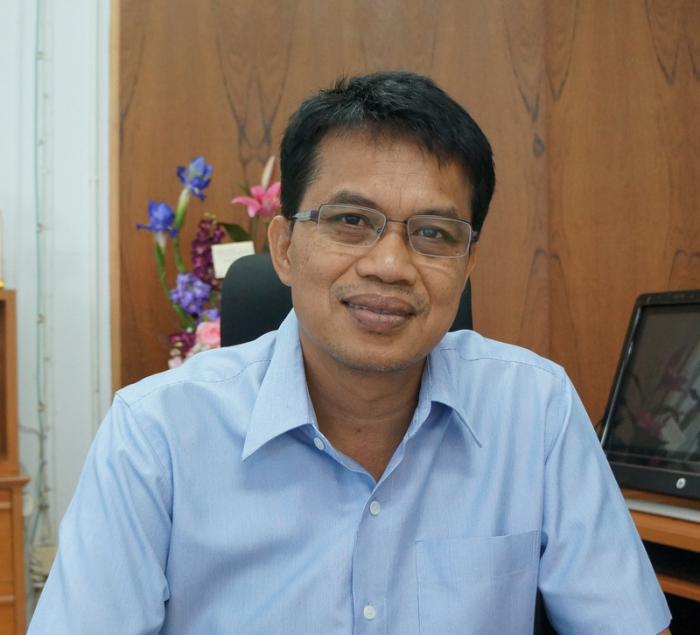Safeguarding health in a shifting populace

Kajohnsak Kaewjarus, 49, took up the position of chief of the Phuket Provincial Health Office on October 1 last year. Phang Nga born and raised, Dr Kajohnsak graduated from Mahidol University with a master’s degree in general surgery.
Here, he talks about Phuket’s top health concerns and gives his prognosis on how to treat them.
PHUKET: After spending only a few months in Phuket, I can tell you that the nature of the population on the island is probably the greatest challenge we are facing here as health officials.
The registered population is less than 500,000, but in fact there are about one million people on the island on any given day, including all the tourists who come and go.
Although we do our best, this makes it very difficult to identify and track the origin and spread of contagious diseases as our data is always incomplete.
To compare, we have ongoing programs for people with HIV or tuberculosis (TB). We keep records of where they live and the people they interact with and this helps us to provide medical care for them and contain the spread of these two particular afflictions. We also offer treatment, advice and support to their families.
For us to be able to do this effectively, we need patients or family members to report to us any persons they believe are suffering from these illnesses. Only then can we offer our programs of support through the three government hospitals on the island: Vachira Phuket Hospital in Phuket Town; Thalang Hospital; and Patong Hospital.
Identifying sick tourists arriving in Phuket is much more difficult.
We have two medical staff on duty at Phuket International Airport 24 hours a day, and more staff from the three government hospitals can be called in to help if they are needed.
We ask airline cabin crews and ground staff to report to us any passengers who exhibit signs of illness during the flight. Anyone who arrives with a fever or who is suffering an intense cough is examined at the airport, and taken to hospital if required.
Although not all arriving tourists showing signs of illness require hospital treatment, they are required to understand that they may be carrying a contagious disease. In these cases, we urge the tourists to make sure they take as many precautions as possible to avoid infecting others during their stay.
The medical team on duty asks at which hotel the tourist will stay while in Phuket and their travel plans on the island. This information is vital if the disease is later identified as a serious malady. The medical team should be able to locate the tourist quickly and provide the appropriate assistance.
Our top health concerns at the moment are influenza, diarrhea and contagious diseases spread via the alimentary canal. These types of diseases spread easily in environments such as Phuket, where it is hot and humid, with many people living in close proximity and coming into close contact frequently.
As always, basic hygiene is the best defense against contracting a contagious disease. For example, make sure the food you eat is well-cooked and that you take basic precautions against cross- contamination, such as by using a serving spoon when dining with others.
The simplest defense is to wash your hands before and after eating.
These are easy, common ways of protecting yourself from diseases in your daily life. Please do not forget or ignore good, clean habits. They may prove the difference between good and ill health.
— Chutharat Plerin
Latest Thailand News
Follow The Thaiger on Google News:


























